Nairobi’s Ranking Declines in Global Smart City Survey
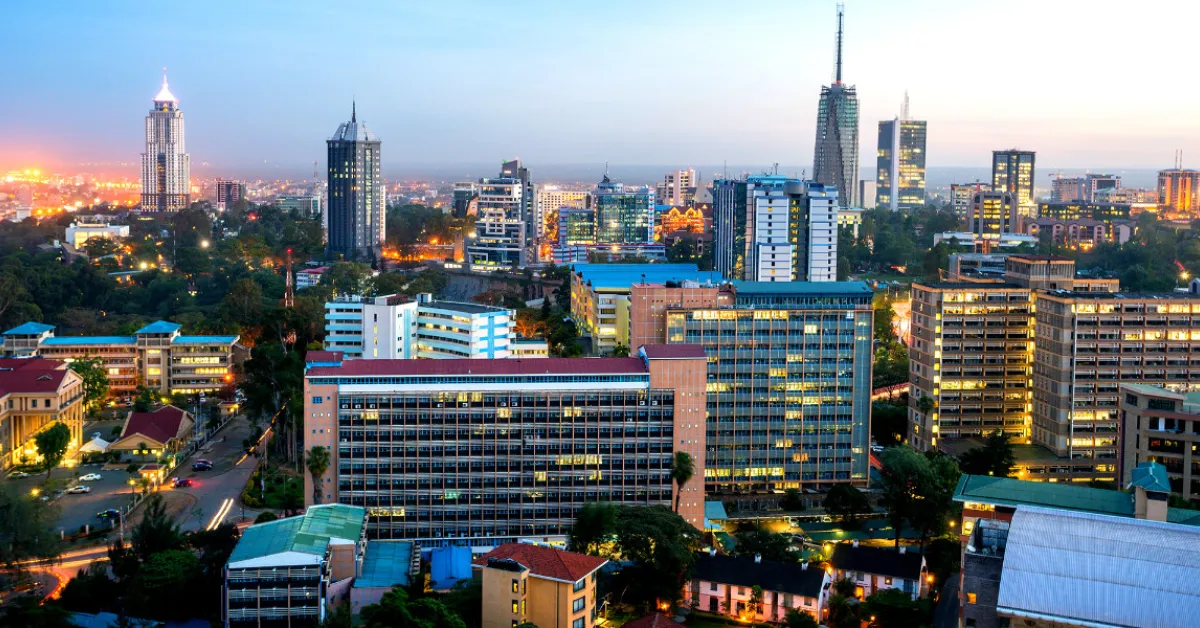
Nairobi's aspirations of becoming a leading smart city in Africa have suffered a setback, according to the latest Smart City Index 2025, published by the IMD's World Competitiveness Centre.
The Kenyan capital has fallen to a disappointing 136th position out of 146 cities surveyed globally, a decline from its 131st ranking in 2024. This drop underscores the mounting challenges facing the city, including inadequate basic services, limited healthcare access, security concerns, and high unemployment rates. The annual Smart City Index evaluates cities based on their technological and infrastructural readiness to enhance residents' quality of life.
The rankings consider a delicate balance between economic growth, technology-driven solutions, effective governance, and environmental sustainability. This year, established global hubs like Zurich, Oslo, and Geneva maintained their dominance at the top of the index, while Middle Eastern and Asian cities such as Dubai, Abu Dhabi, and Beijing continued to demonstrate progress in innovation and citizen engagement.
Nairobi's D-grade ranking reflects systemic issues that persist within the city. Residents have voiced significant concerns about health and safety, corruption, mobility challenges, road congestion, and the quality of education. These issues are compounded by longstanding problems such as inefficient public transportation and inclusivity barriers. Despite being a key economic centre in East Africa, these obstacles hinder Nairobi's ability to compete effectively on the global stage.
Affordable housing remains a critical urban issue worldwide, and the Smart City Index highlights its importance. Globally, nearly 75% of surveyed cities identify housing affordability as a primary concern. Cities like Dublin and Vancouver report widespread struggles among residents to secure affordable homes, with approximately nine out of ten participants spending over 30% of their income on housing. However, Nairobi does not rank housing affordability as a predominant concern, with only 43.8% of its survey participants listing it as an urgent issue.
Nevertheless, affordability remains a significant socio-economic strain in the urbanised world, exacerbated by rising inflation, gentrification, and speculative investments. In response to the housing crisis, the Kenyan government has introduced the Affordable Housing Programme (AHP), a central policy of the Kenya Kwanza administration. The initiative aims to construct 200,000 housing units annually through 2027, funded by a 1.5% salary levy for employees, matched by employers. Despite its potential to transform the housing landscape, the program faces scepticism due to slow progress and growing public discontent.
The housing crisis extends beyond Kenya, as highlighted in the report. Global supply chains are strained by elevated tariffs on raw materials like steel and lumber, a consequence of protectionist trade policies. These pressures have heightened development costs, further stressing urban housing availability. This trend has broad implications for cities worldwide, where wage stagnation continues to lag behind escalating living costs, deepening affordability gaps. Arturo Bris, Director of the WCC, notes that the economic disparities evident in urban settings illustrate the cost of urbanisation's success: "As cities grow as economic engines, their prosperity inadvertently drives up living costs, straining access to basic needs like housing."
Among African cities, Nairobi finds itself alongside Abuja (133), Lagos (135), Cape Town (124), Rabat (123), and others, all contending with similar development hurdles. Cairo, in particular, achieved a relatively higher rank of 117, signalling some progress in the region. The IMD index employs rigorous methodologies, including three-year moving averages of resident perceptions and rankings rescaled to account for human development variances. This approach ensures a balanced analysis, avoiding unfair comparisons between cities at vastly different development stages.
It also underscores the necessity for innovative, inclusive urban planning tailored to local needs. One of the most striking findings of the report is how global dynamics influence local realities. Trade tensions, inflation, and material shortages have wide-ranging repercussions, creating cascading effects that limit progress in housing construction and affordability. Nairobi, like many cities, must navigate these external pressures while addressing internal inefficiencies to meet its housing and infrastructure goals.

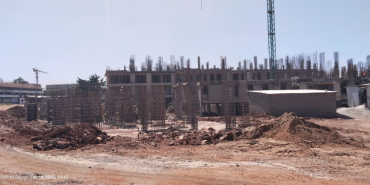
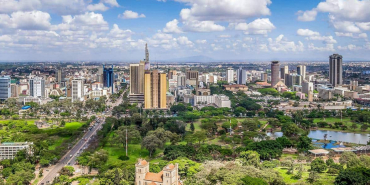
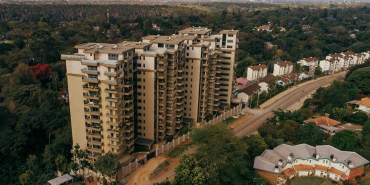



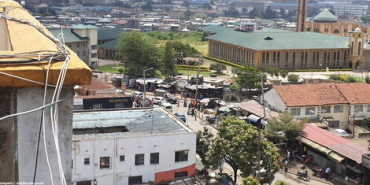

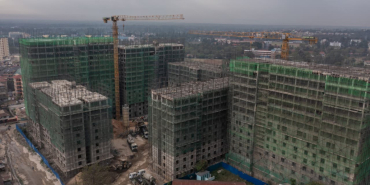




Add new comment